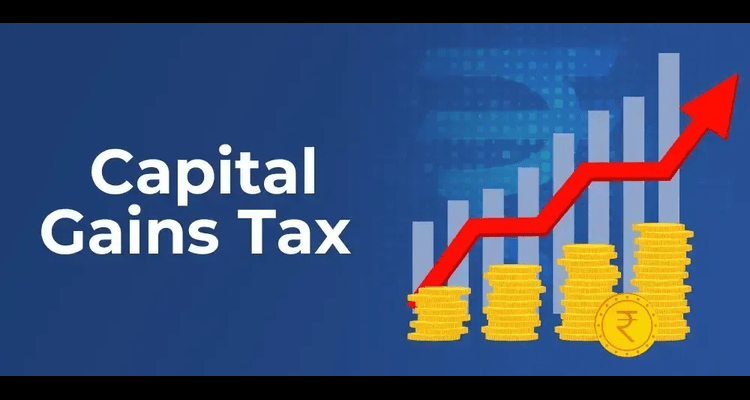
Suppose you’ve been informed that the Australian Taxation Office (ATO) is looking into, evaluating, or auditing your tax affairs. In that case, you might be figuring out what to do next or how to respond successfully. The following article seeks to offer advice on how to handle such situations.
Respond promptly when you get the initial letter informing you that you’re being reviewed or audited by supplying the needed papers immediately. Instead, think about how you might respond carefully. The initial letter may also offer an 80% penalty reduction for voluntary disclosure, making this even more crucial.
So, how should you respond to the ATO’s initial letter, and what should you do next?
Take the time to learn about the specific issues the ATO investigates. Normally, the ATO conducts investigations out of genuine concerns regarding your tax situation. This comprehension will direct your actions in the subsequent stages.
Evaluate the credibility of the ATO’s concerns. A voluntary disclosure may be the best course of action if you have discovered errors in your tax affairs. This path allows you to promptly resolve the issue, pay any outstanding taxes, and proceed.
If you believe that the ATO’s concerns are unfounded, you should concentrate on convincing them of your position. Before submitting the requested documents, thoroughly examine their contents. Some details may inadvertently convey a false impression, whereas others may provide crucial context. Ensure that you emphasize these points with the ATO.
Consider whether you have additional documents or explanations beyond those requested by the ATO. Your knowledge of your business or industry can assist you in supplying context that the ATO may need to be aware of.
Use precise and simple language when communicating with the ATO. This enhances the probability of effective interaction and comprehension.
After you submit your response, the ATO may contact you with additional queries or requests for additional information. Maintain the strategy of addressing issues in a thorough and well-explained manner.
The ATO will either conclude the investigation generally based on the response you gave or escalate the situation. If escalation occurs, it might progress from a review to an audit phase.
The ATO will publish a position paper during the audit phase describing its initial findings. Consider this article’s information, then write a thorough answer addressing each issue.
If you respond constructively, the ATO might accept your justifications and reach a favorable conclusion. If not, the ATO may evaluate your situation and assess penalties against you.
You can object to the ATO’s assessment if you disagree with it. This provides yet another opportunity to present your case comprehensively.
If necessary, you could pursue legal action in either the Administrative Appeals Tribunal (AAT) or the Federal Court. This can be expensive, so it is best to avoid reaching this stage whenever possible.
You can initiate settlement discussions with the ATO at any time. However, settlements are more probable if your case has merit and can be legally defended.
Remember that every investigation is different; these stages provide a general framework for navigating an ATO investigation. Consultation with a tax expert skilled like Excelsior Tax Advisory in such matters can provide tailored advice specific to your situation and increase the likelihood of a successful resolution.
 Are You Currently the Subject of a Tax Office Inquiry?
Are You Currently the Subject of a Tax Office Inquiry? Behind the Scenes of a Tax Audit: A Small Business Owner’s Survival Guide
Behind the Scenes of a Tax Audit: A Small Business Owner’s Survival Guide Best Business Tax Debt Advice Sydney: Excelsior Tax Advisory
Best Business Tax Debt Advice Sydney: Excelsior Tax Advisory Navigating Tax Audit Sydney With Excelsior Tax Advisory’s Support
Navigating Tax Audit Sydney With Excelsior Tax Advisory’s Support Changes to Foreign Resident Capital Gains tax Withholding (FRCGW) regimes announced
Changes to Foreign Resident Capital Gains tax Withholding (FRCGW) regimes announced Common Business Structures in Australia
Common Business Structures in Australia
Level 2, 215-219 George Street Liverpool NSW 2170
Copyrights 2023 Excelsior Tax Advisory. All Rights Reserved.